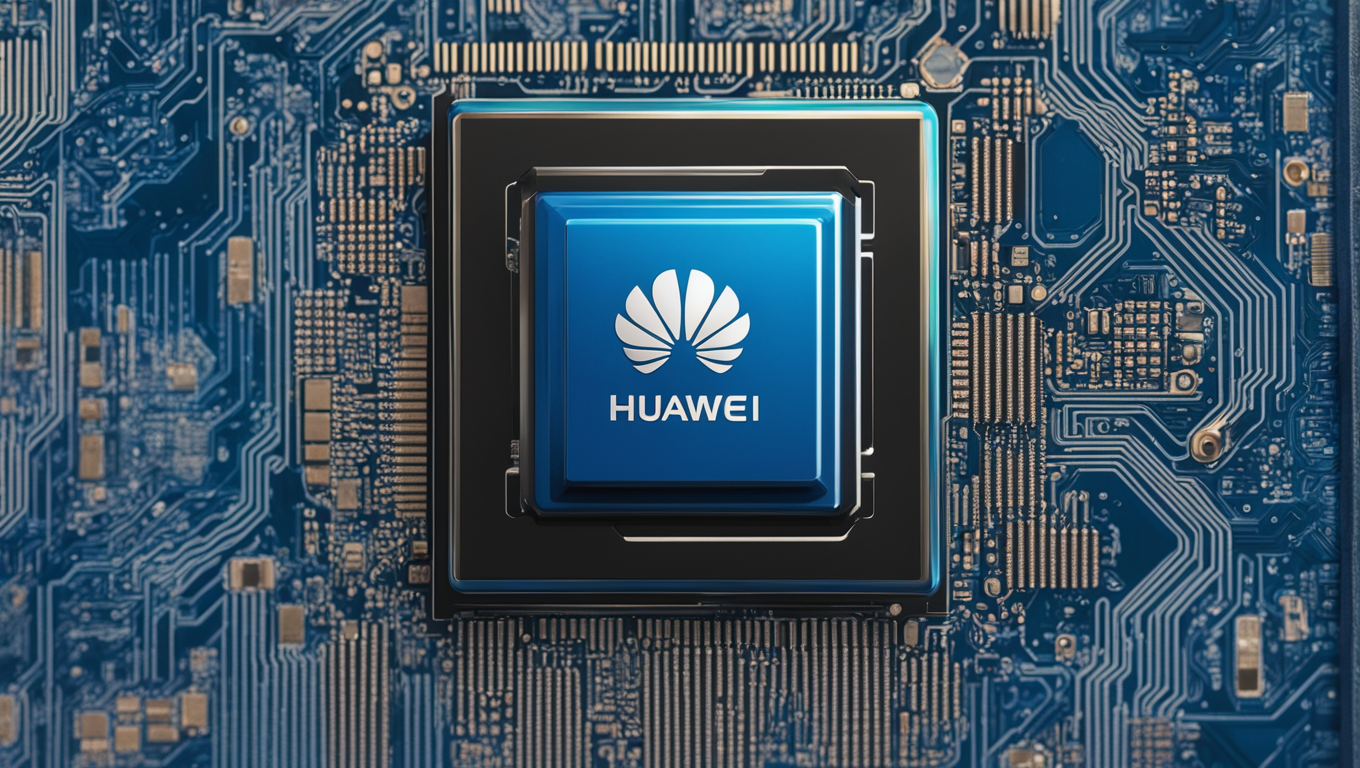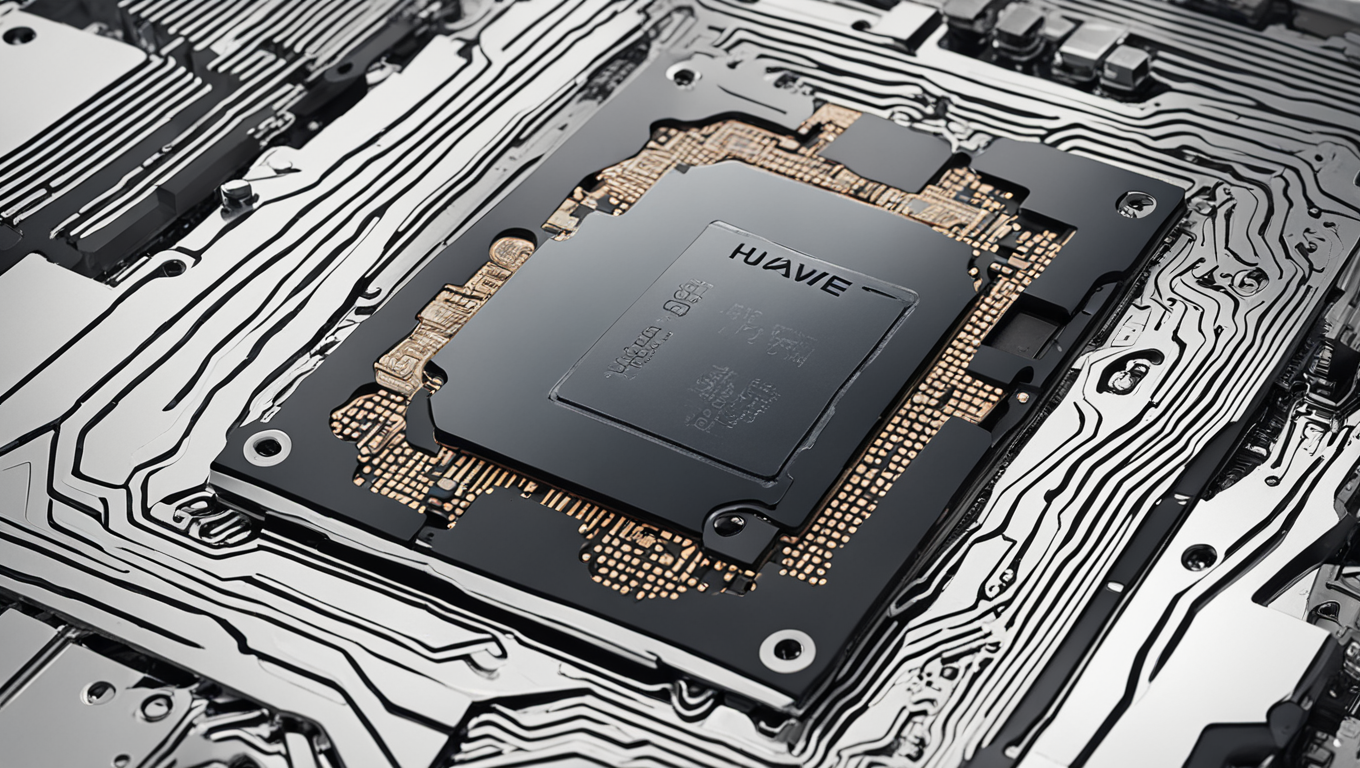In a significant setback for Huawei, the company is facing challenges in expanding the production of its Ascend 910B AI processors. The issue stems from insufficient yields at Semiconductor Manufacturing International Co. (SMIC), highlighting China’s reliance on advanced chip manufacturing. The Ascend 910B was designed to replace Nvidia’s AI processors, which currently dominate over 90% of the Chinese market. However, production efficiency remains alarmingly low, with only 20% of chips manufactured by SMIC operating as intended.
It is important to note that most processors today have defects, but these defects do not render them completely unusable. Modern chips are designed to tolerate a certain number of manufacturing defects, with vendors disabling cores or other features to make the chip usable despite the defect. The Korean report on Huawei’s defective Ascend 910Bs provides different translations, creating ambiguity regarding the number of chips that are actually defective. Some translations suggest that four out of five processors are defective and cannot be used, while others indicate that four out of five have defects but can still be used with some cores disabled or at lower clocks. The context surrounding these defects remains unclear.
While it is safe to assume that the yields of Ascend 910B at SMIC are not progressing as expected, a 20% total yield makes it financially unreasonable to continue producing these processors. However, it is unlikely that yields are as low as 20%. An educated guess would be that 20% of the Ascend 910B chips are perfectly fine, and many of the remaining 80% can be adjusted or “binned” to work at lower performance levels.
SMIC’s challenges extend beyond yield issues. Unlike competitors like TSMC and Samsung Foundry, which use EUV lithography tools for advanced processes, SMIC primarily relies on multi-patterning and DUV lithography machines. These older tools require more production steps, increasing costs and the likelihood of defects. Furthermore, U.S. sanctions on Chinese companies have restricted the supply of advanced wafer fab tools and spare parts for SMIC’s lithography machines. Maintenance and repair of manufacturing equipment have become problematic, and SMIC lacks sufficient engineers to manage and maintain its semiconductor machinery. Additionally, global equipment suppliers, fearing U.S. sanctions, are reluctant to service advanced machines in China, leading to more frequent equipment failures and defective chips.
Looking ahead, Huawei plans to introduce an even more advanced Ascend 910C and AI processors using a 5nm process. However, given the ongoing equipment and supply chain issues, the company is expected to encounter similar challenges in scaling up production for these new processors. This development has broader implications for major Chinese tech companies like Tencent and Baidu, which rely on Huawei AI processors as alternatives to restricted Nvidia chips. Moreover, SMIC’s struggles to achieve expected yields with larger processors using its second-gen 7nm process technology raise doubts about China’s aspirations for semiconductor self-sufficiency.
The challenges faced by Huawei and SMIC underscore the complexity and difficulties involved in chip manufacturing. As the demand for advanced semiconductor technology continues to grow, it becomes increasingly important for companies and countries to address issues surrounding production efficiency, equipment maintenance, and supply chain resilience. The quest for self-sufficiency in chip manufacturing requires significant investment and expertise, and China’s reliance on external suppliers and limitations imposed by international sanctions pose significant obstacles.
With ongoing technological advancements and geopolitical dynamics shaping the semiconductor industry, it remains to be seen how Huawei, SMIC, and China will navigate these challenges and strive towards achieving greater independence in chip manufacturing.





Use the share button below if you liked it.